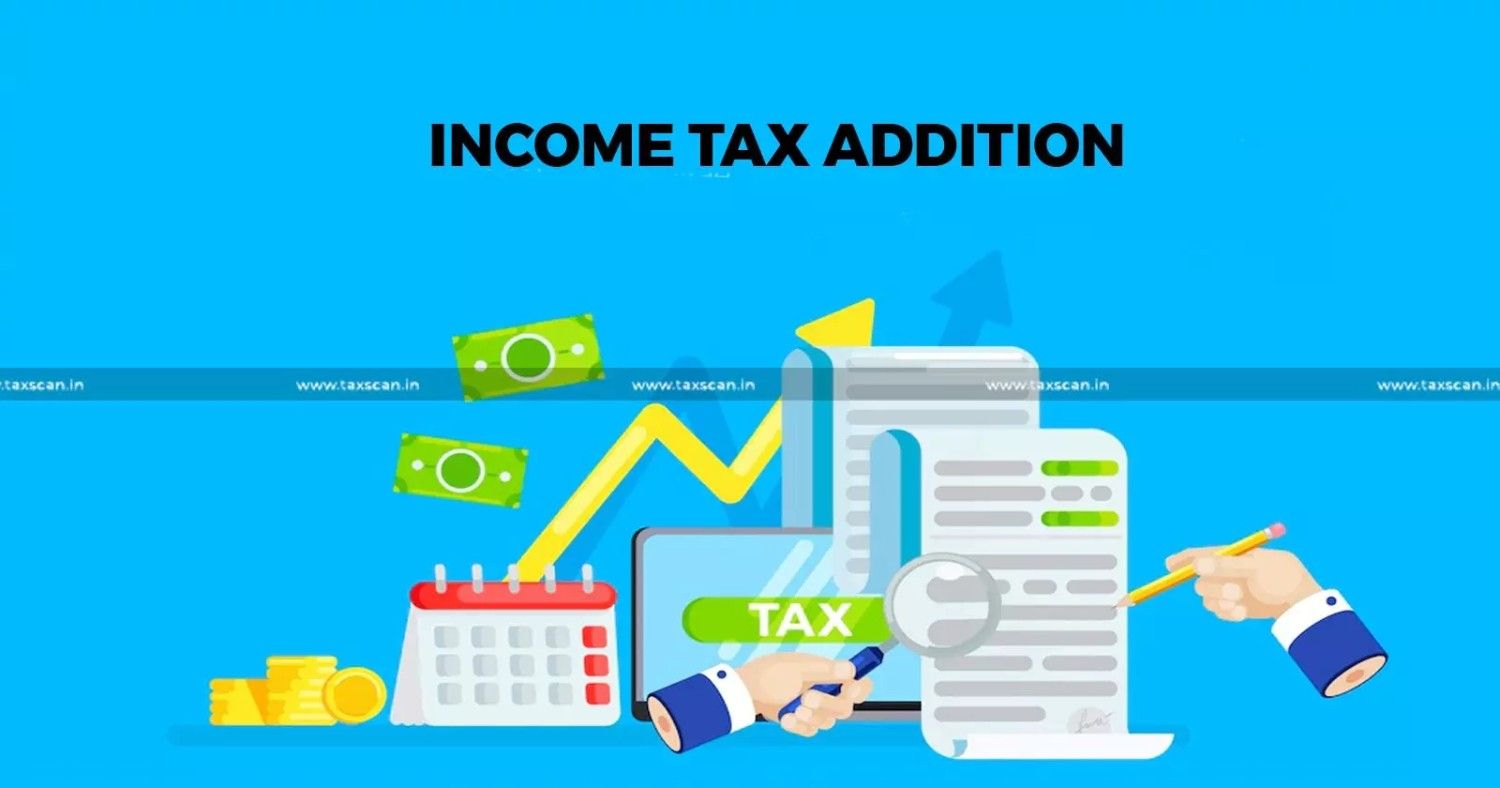Bombay HC Refuses Interim Relief to Same-Sex Couple Alleging Discrimination in Income Tax Exemption
The Bombay High Court refused interim relief to a same-sex couple challenging Section 56(2)(x) of the IT Act, holding that no protection could be granted before a full hearing

The Bombay High Court refused to grant interim relief to a same-sex couple challenging the constitutional validity of Section 56(2)(x) of the Income Tax Act, which they claimed discriminates against them by granting gift-tax exemption only to heterosexual couples.
Payio Ashiho and his partner Vivek Divan approached the High Court seeking inclusion of same-sex couples in the proviso to Section 56(2)(x), which exempts gifts received from “relatives,” including “spouses.” They argued that since the law recognises only heterosexual spouses, the exemption indirectly excludes same-sex partners, resulting in unequal treatment.
They submitted that when a class of persons is protected by a tax exemption, similar protection must extend to another class of citizens under the Constitution. The petition focused on the impact of the provision, asserting that the law operates in a discriminatory manner against same-sex couples.
 Also Read:Sole Beneficiary Status of Assessee Ignored: ITAT Upholds 54F/54EC Exemptions and Full LTCG [Read Order]
Also Read:Sole Beneficiary Status of Assessee Ignored: ITAT Upholds 54F/54EC Exemptions and Full LTCG [Read Order]
During the hearing, Justice Burgess Colabawalla observed the crux of the petitioners’ argument by asking whether they were essentially saying that if a law protects one category, it must protect another as well.
The court acknowledged that the petitioners sought relief before December 31 since the compliance deadline under the provision ends on that date. The counsel urged the bench to consider an interim order protecting them from coercive action until the matter is fully decided.
Appearing for the Union government and the Income Tax Department, Additional Solicitor General Anil Singh submitted that the Supreme Court’s Constitution Bench had held that legal recognition of same-sex unions can be granted only through legislation and not through judicial directions.
The counsel pointed out that since same-sex marriages are not recognised under Indian law, the exemption available to “spouses” cannot be extended through judicial intervention. The counsel requested that the hearing be deferred to allow a complete and detailed argument on the issue.
 Also Read:Testing Equipment Not a Taxable Benefit u/s 28(iv): ITAT Deletes ₹7.73 Cr Addition Against AMD India [Read Order]
Also Read:Testing Equipment Not a Taxable Benefit u/s 28(iv): ITAT Deletes ₹7.73 Cr Addition Against AMD India [Read Order]
The bench explained that it was not possible to decide the matter before December 31 because the court must first hear the matter fully, decide the structure of the judgment and apply its mind to all submissions.
It pointed out that it could not pass an interim order such as “no coercive action,” and that if the petitioners eventually succeed, the amount paid can be refunded, but until then, the court cannot grant protection. The judges also remarked that the alleged discrimination arises from the law itself and not from the court.
The bench adjourned the matter to the second week of December for a detailed hearing. The plea for interim relief was rejected.
Support our journalism by subscribing to Taxscan premium. Follow us on Telegram for quick updates


